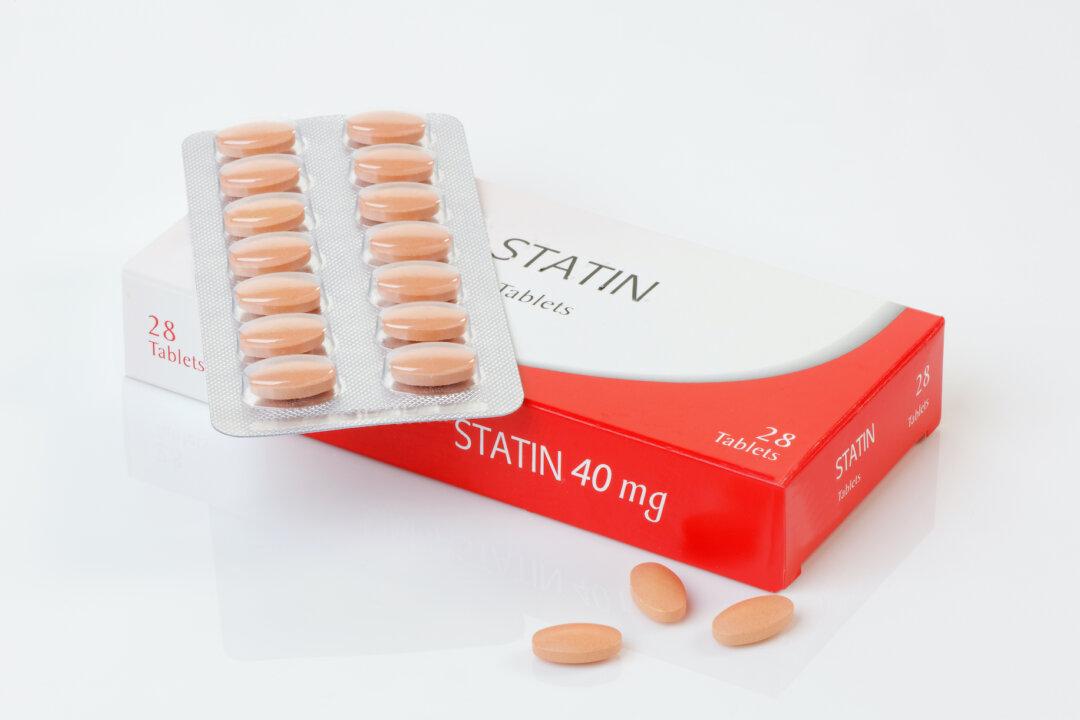A leaky gut is when the intestinal lining develops holes that allow harmful substances to leak into the bloodstream.
The intestinal lining has two main jobs. The first is to digest food to absorb nutrients and water into the bloodstream for distribution throughout the body.






